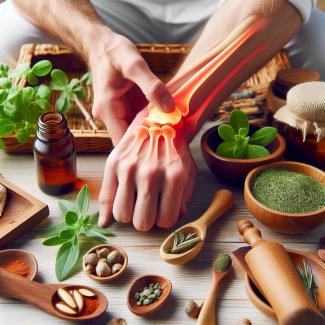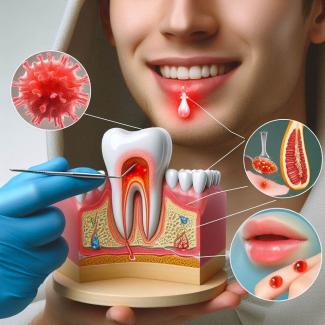
Apple cider vinegar (ACV) is often suggested as a remedy for leg cramps, but its effectiveness in preventing or stopping leg cramps is not well-supported by scientific evidence. Leg cramps, also known as muscle cramps or charley horses, are generally caused by muscle contractions or spasms, and the underlying causes can vary.
While some people claim that ACV helps alleviate leg cramps, the reasons for this are not entirely clear, and the effects may be anecdotal or placebo-related. There are a few theories as to why some individuals believe that ACV can be effective for leg cramps:
- Electrolyte balance: Some proponents of ACV suggest that it may help with leg cramps by restoring electrolyte balance. Leg cramps can be caused or exacerbated by imbalances in electrolytes such as potassium, magnesium, and calcium. ACV contains small amounts of potassium and magnesium, which could theoretically help with these imbalances.
- Hydration: Dehydration is another potential cause of muscle cramps. Some people believe that ACV can encourage increased fluid intake, which in turn could help reduce the risk of cramps.
- Improved circulation: ACV has been suggested to improve circulation and blood flow. Better blood circulation might potentially help in preventing cramps.
- Alkalizing effect: ACV is acidic in nature but is sometimes suggested to have an alkalizing effect on the body when consumed. Some proponents believe that reducing body acidity may help with muscle cramps.
However, it's important to note that scientific evidence supporting these claims is limited, and the effects of ACV on leg cramps vary from person to person. If you experience frequent or severe leg cramps, it's advisable to consult with a healthcare professional. They can help determine the underlying causes of your leg cramps and recommend appropriate treatments or preventive measures. These may include dietary changes, supplementation with specific minerals, physical therapy, or other therapies tailored to your specific needs.






